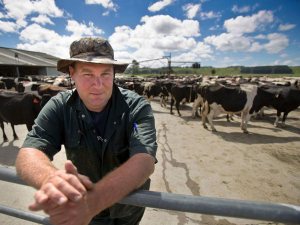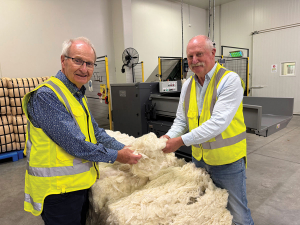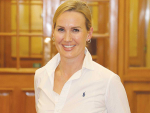Farmer confidence has dropped once again.
In January, farmer confidence was at its lowest recorded level in biannual surveys conducted by Federated Farmers. Last month’s survey found it had dropped even further.
More than 1,200 farmers from around New Zealand responded to the July survey and a net 47.8% of them considered current economic conditions to be bad, down 55.6 points from January when a net 7.8% considered conditions to be good.
Federated Farmers president and trade/economy spokesperson Andrew Hoggard says it’s a huge drop in just six months.
“Obviously inflation and supply chain disruption fallout from Covid and Russia’s invasion of the Ukraine are part of it, but continued concern over the pace and direction of government reform and regulation, not to mention staff shortages are also contributing to uncertainty and gloom,” he says.
A net 80.9% of respondents expect general economic conditions to worsen over the next 12 month, up 16.9 points the January survey.
“That’s not inconsistent with the results from other business confidence surveys,” Hoggard says.
Farmers identified their top concerns as Climate change policy & ETS; regulation & compliance costs; input costs, and debt, interest, banks.
With awareness of Foot and Mouth Disease in Indonesia and Malaysia, biosecurity has rocketed up the list of top concerns that farmers want the government to confront, with the others being fiscal policy; economy & business environment; regulation & compliance costs.
Despite the slide in confidence, farmers profitability expectations haven’t taken as big a hit as might have been indicated.
A net 55% of respondents said they are currently making a profit – six points down on the January survey.
Looking out over the next 12 months, a net 53.1% of respondents expect their profitability to decline – up 11.9 points on the January 2022 survey when a net 41.2% expected it to decline.
Hoggard says this is to be expected given the squeeze on farmers from higher input costs and high commodity prices retreating.
"What’s also worrying is that for the first time in our survey’s history we’ve recorded a net negative score for production expectations. A net 0.5% of farmers who answered our questions expect their production to decline over the next 12 months, down 2.3 points on the January result."
A net 54.6% of respondents expect their spending to increase over the next 12 months, slightly up on January, “but this will be due to inflation of input prices rather than spending on more goods and services,” Hoggard says.
With farmers - like other New Zealanders - having to pay more interest, a net 15.3% of survey respondents expect their debt to reduce over the next 12 months, down 15.6 points from the January survey when the figure was 30.9%.
The Feds survey indicates a slight easing in the labour market "but it’s still very tight,” Hoggard says.
A net 44.3% of respondents reported it has been harder to recruit skilled and motivated staff over the past six months, down 4.3 points on the January survey.











